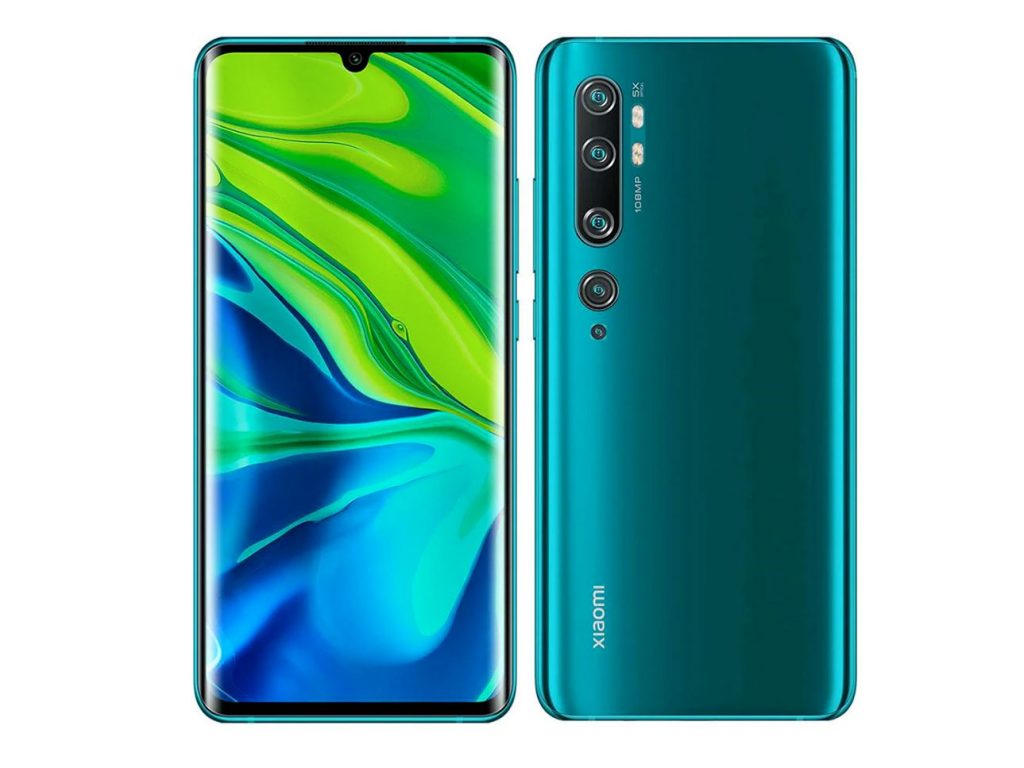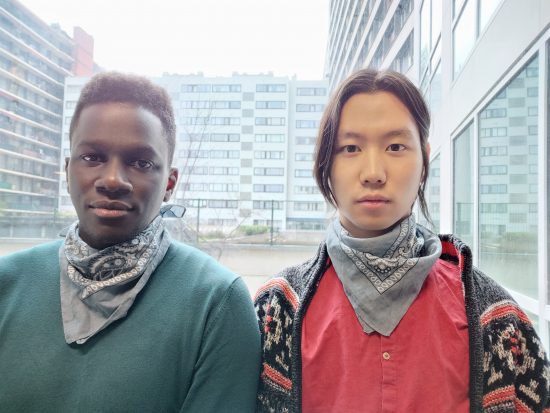Announced in November 2019, the Xiaomi Mi CC9 Pro Premium Edition is a high-end smartphone that features a 6.47-inch FHD+ AMOLED display, a high-capacity 5260mAh battery, and a 2.2GHz octa-core Qualcomm Snapdragon 730G chipset. For selfie enthusiasts, the front-facing camera is built around a 1/2.8-inch, high-resolution 32Mp sensor with 0.8µm pixels, coupled to a wide-angle 26mm-equivalent, f/2-aperture lens with fixed focus. The front camera is also capable of capturing Full HD video at 30 frames per second. With the Xiaomi Mi CC9 Pro Premium Edition riding high in our database of rear-camera image quality, let’s see how the front camera gets on in our industry-standard tests.
Key front camera specifications:
- 32MP 1/2.8-inch sensor with 0.8µm pixels
- 26mm-equivalent, f/2.0-aperture fixed-focus lens
- 1080p/30fps video
About DXOMARK Selfie tests: For scoring and analysis in our smartphone front camera reviews, DXOMARK engineers capture and evaluate over 1500 test images and more than 2 hours of video both in controlled lab environments and in natural indoor and outdoor scenes, using the camera’s default settings. This article is designed to highlight the most important results of our testing. For more information about the DXOMARK Selfie test protocol, click here.
Test summary


An overall DXOMARK Selfie score of 77 places the Xiaomi Mi CC9 Pro Premium Edition towards the bottom of our rankings, achieving a similar overall score to such older devices as the Google Pixel 2 and the Huawei Mate 20 Pro. Photo and Video sub-scores of 79 and 74, respectively, put Xiaomi’s latest flagship a long ways off the pace compared to recent top performers such as the Huawei nova 6 5G, which scores 105 for photo and 93 for video. Nevertheless, some good results are possible in the right conditions, and the smartphone’s key strengths include generally accurate exposure on faces with light skin tones, neutral white balance indoors and in low light, and good subject isolation in bokeh mode. On the downside, dynamic range is very limited, with lots of highlight clipping evident in skies or bright backgrounds, and a cold or blueish color cast that is often prevalent in outdoor shots. Portraits also show visible beautification effects.
Indoors, exposure on light skin tones remains good, but darker skin tones tend to be slightly overexposed in all lighting conditions. Color rendering is generally pleasant indoors, too, where white balance is slightly warmer compared to outdoor shots. Faces are often a little undersaturated in all conditions, however, which is particularly evident on overexposed faces with darker skin tones.
Shooting selfies at arm’s length, the 26mm lens delivers a wide field of view for both single-person selfies that include some background for context, as well as for group selfies. A key area for improvement is the device’s depth of field so as to provide greater sharpness at long distances. While the fixed-focus lens delivers sharp faces at close range between 30cm and 55cm, at medium range (90cm) and long range (120cm), subjects are noticeably out of focus. The limited depth of field also affects group selfies, with subjects towards the back of the group softer than those in the front.
In Portrait mode, a strong bokeh effect ensures striking results, and particularly in well-balanced lighting subject isolation is good, with fairly accurate masking around complex areas like hair. In bright and high-contrast scenes, however, subject isolation is a little less effective, with edge artifacts often visible. The CC9 Pro Premium Edition also does not apply a blur gradient effect to bokeh shots, so regardless of the distance from the subject, the background always has the same level of blur.
For video, slight overexposure on faces in outdoor and indoor lighting conditions remains evident, and again, limited dynamic range means highlights are often clipped in bright conditions. Exposures are good in low light, however, and well-controlled noise with acceptable texture ensures the Xiaomi Mi CC9 Pro Premium Edition’s front camera is capable of decent results in low light. White balance is not accurate in outdoor or indoor videos, however, which is a major area for improvement; moreover, a hue shift near saturation is often visible. As with stills, the device’s limited depth of field makes it advisable to capture video with the subject at close range (30cm to 55cm) to ensure that faces are in focus.
Conclusion
Overall image quality from the Xiaomi Mi CC9 Pro Premium Edition’s front camera doesn’t live up to the excellent results we observed from its rear camera. For Xiaomi to challenge devices toward the top of our rankings, it will need improvements in exposure for both wider dynamic range and accuracy of dark skin tones; greater depth of field for sharper backgrounds and faces at long distances; and more consistent results for color. That all said, the Mi CC9 Pro Premium Edition does boast some good strengths for selfies, including a strong bokeh rendering with generally good subject isolation when shooting in Portrait mode.
Photo
Pros
- Generally nice exposure on faces
- Good subject solution in bokeh mode
- Accurate white balance indoors and in low light
Cons
- Very limited dynamic range
- Limited depth of field
- Overexposure of dark skin tones
- Cold/blue white balance outdoors
- Hue shift near saturation often visible
Video
Pros
- Good exposure in low light
- Nice texture versus noise trade-off
- Accurate focus at close and medium range
Cons
- Very limited dynamic range
- Slight overexposure outdoors and indoors
- Overexposure of dark skin tones
- Inaccurate white balance outdoors and indoors
- Hue shift near saturation often visible










DXOMARK encourages its readers to share comments on the articles. To read or post comments, Disqus cookies are required. Change your Cookies Preferences and read more about our Comment Policy.